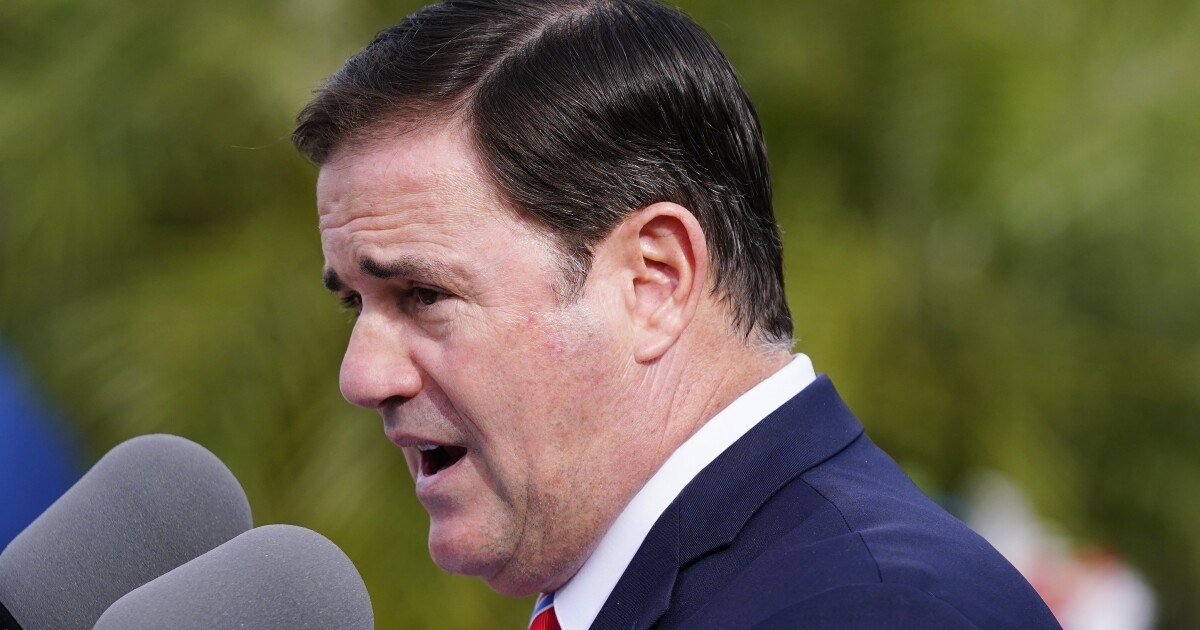On Wednesday the European Commission, the body that holds executive power within the European Union, will present a series of measures to secure greater power over foreign policy, traditionally managed by national governments.
The proposal is contained in a document called “New Duress Instrument”, which if approved will grant the Commission the power to impose trade sanctions on non-EU countries and persons who “unduly interfere in the strategic choices of the EU or Member States”, explains the Commission. In a nutshell, the Commission wants to guarantee itself wider powers than it does today over Community foreign policy.
The Commission’s proposal has a good chance of being approved by other European institutions due to a kind of legal loophole: since nominally it is a trade measure it will not need unanimity to be approved by the Council of the European Union – the body in which the governments of the 27 member states are represented – as is instead foreseen for all foreign policy measures.
The news was announced on Monday 6 December by the “Brussels Playbook” newsletter of Politico, who called it potentially “the largest increase in power of the European Union in foreign policy in recent decades”. In the last two days, however, several governments they did filter doubts and resistance that could hinder the approval of the new instrument.
In recent years, the need, foreseen by the European treaties, for every foreign policy decision to provide for the unanimity of the Council has often slowed down or hindered the clear-cut positions of the European Union. Several commentators and experts on European matters believe that in order to gain speed and efficiency, and therefore weight in the field of foreign policy, the Union should eliminate the principle of unanimity, for example on the votes on sanctions against non-EU countries, now managed by the Council.
Institutions that tend to have a more European vision, such as Parliament and the Commission, have long been asking for the Council, that is the national governments, to give up a piece of their sovereignty in the field of foreign policy: and the “New Duress Instrument” it goes exactly in this direction. “We must protect our economic interests and strengthen our legitimate right to impose countermeasures if necessary. This is the meaning of the initiative, ”said Commission Vice President and Trade Commissioner Valdis Dombrovskis.
– Read also: Five choices of Merkel that will remain
According to Financial Times, who has read the document in advance, the instrument provides for a dozen measures that the Commission can take independently if it deems that a foreign country is behaving incorrectly towards the Union or a single European country. They include duties, bans on the import of certain substances, the suspension of scientific cooperation and access to the single market for financial capital, as well as other measures designed to target individuals individually. According to the Commission’s proposal, sanctions would enter into force as soon as they are decided, and a majority vote in the Council would be required to suspend them.
“We expect an intense discussion”, he said a European official a Reuters. Some states believe that acting within the World Trade Organization (the WTO) gives more guarantees and that the Commission does not have the full picture of potential side effects. Still others fear simply losing weight in the complex decision-making process with which the European Union sets its foreign policy.
France, which will hold the rotating presidency of the Council for six months from 1 January, has already expressed its support for the Commission proposal. Other states that tend to be more favorable to free trade such as Sweden and the Czech Republic have questioned the need for such an instrument. Sweden and the Czech Republic are the next two states that will manage the rotating presidency of the Council after France: “so it will probably be up to one of them to lead the negotiations on the Commission’s proposal, at the end of 2022 or at the beginning of 2023” , esteem Politico.
–


